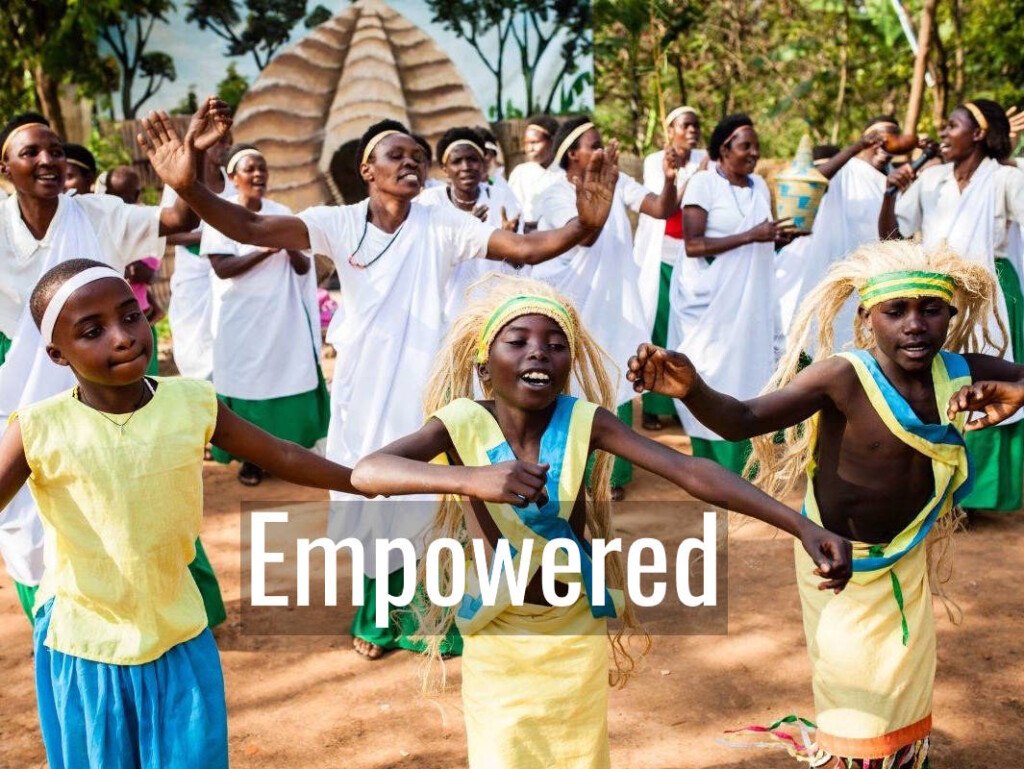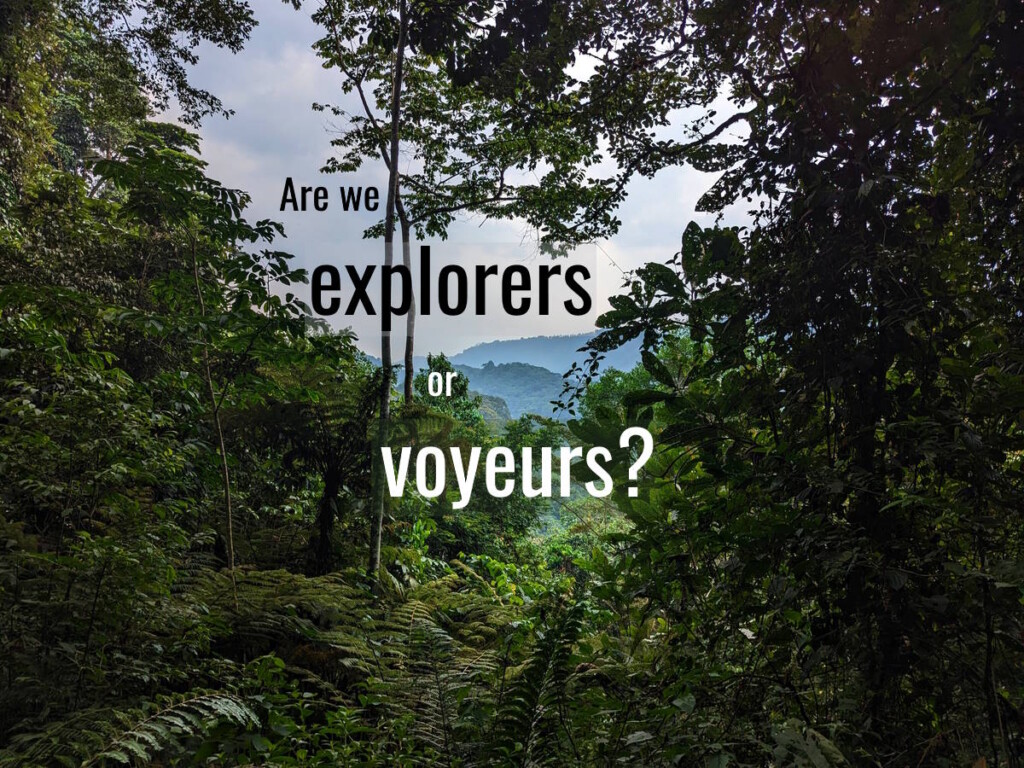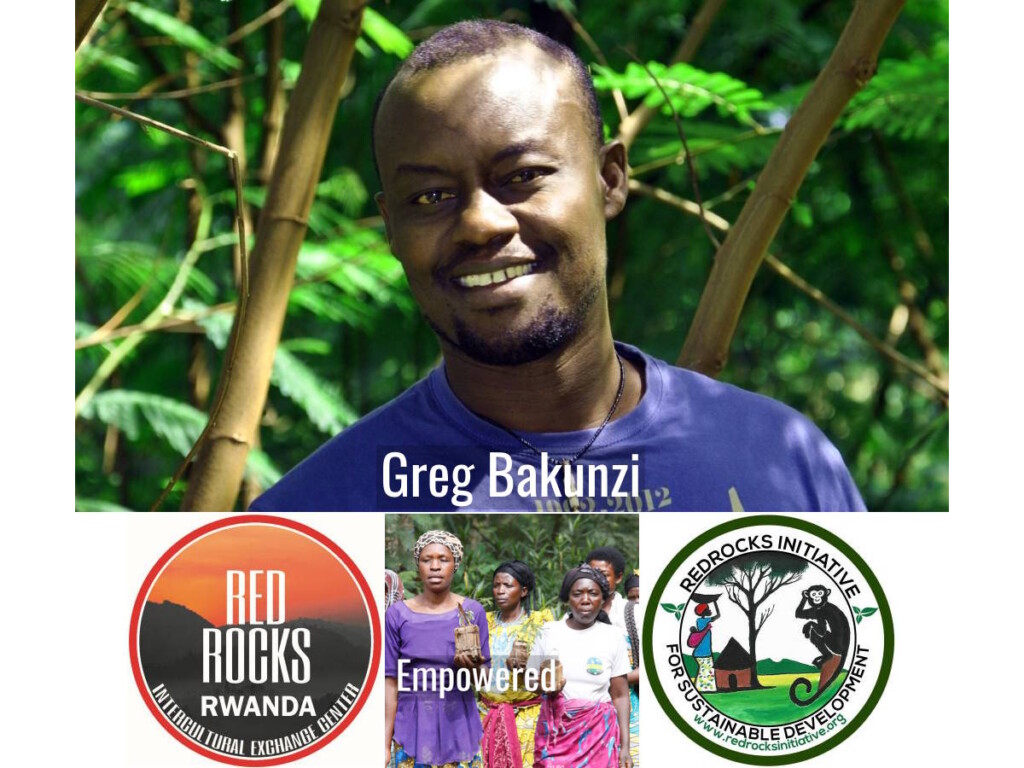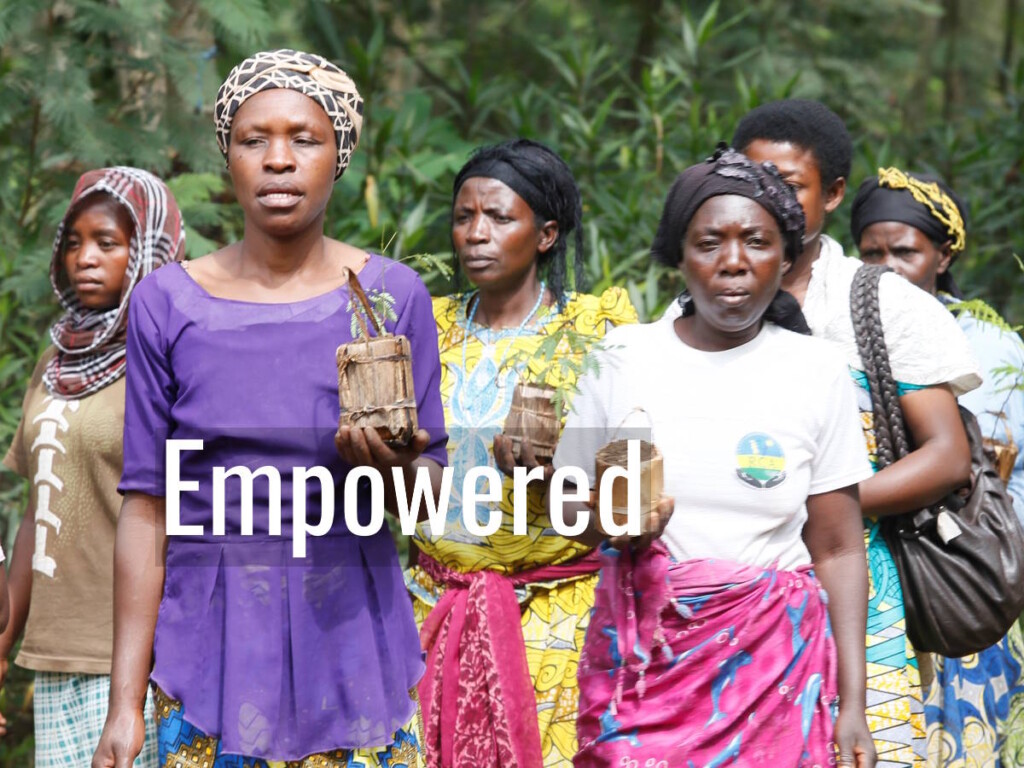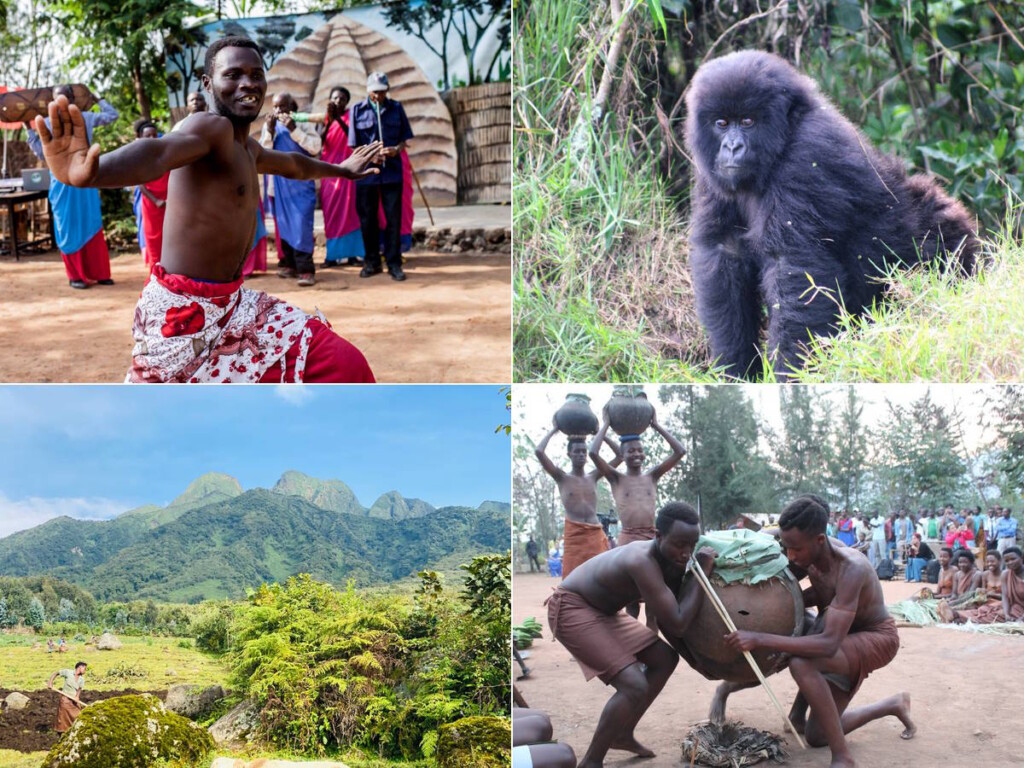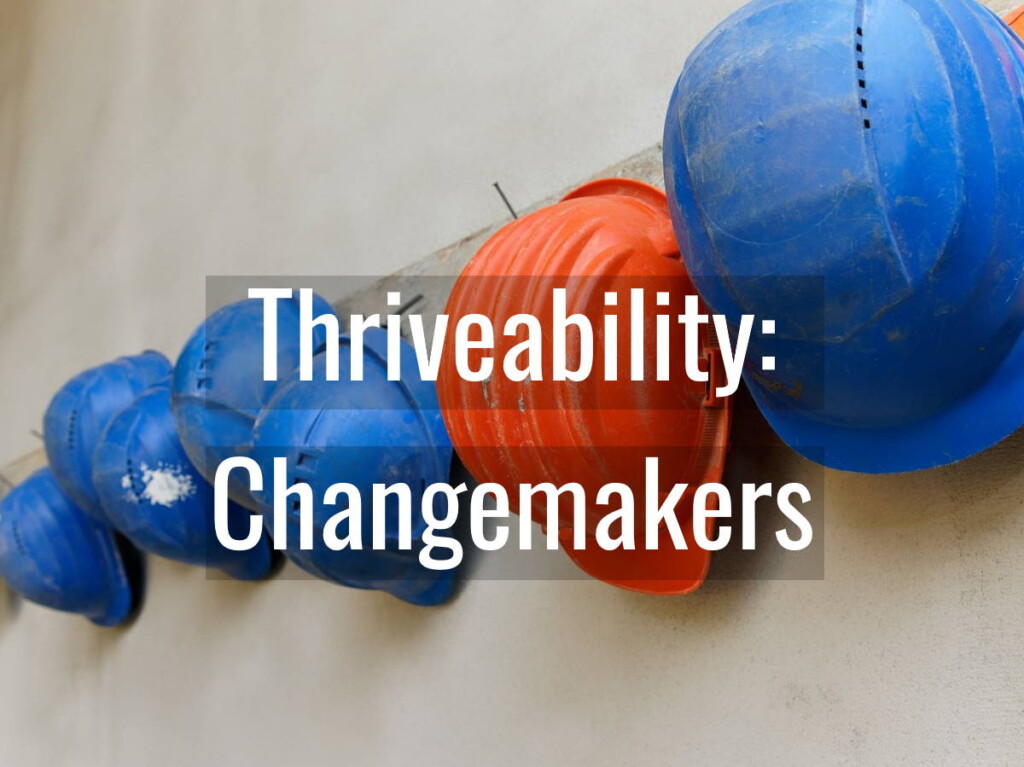Community-based tourism
Scroll down for posts that have been tagged with “community-based tourism”.
Community-based tourism is a responsible form of tourism that seeks to empower local communities by involving them in the development and management of tourism activities. It ensures that the host community of a destination has a stake and/or say in the development of tourism via consultation, decision-making, employment, and/or direct ownership.
According to the United Nations World Tourism Organization (UNWTO), community-based tourism is defined as “tourism that is owned and managed by the local community, where tourists stay with local families, learn local traditions and participate in local activities”.
Community-based tourism is growing in popularity as more people become aware of the negative impacts of mass tourism on the environment and local cultures. It is a way for travellers to connect with local people, learn about their customs and traditions, and experience their way of life.
The benefits of community-based tourism are numerous; offering a more authentic and immersive experience for tourists, while supporting local jobs and businesses, and (hopefully) preserving the cultural and natural heritage of the destination.
Theoretically, community-based tourism can help to reduce the negative impact of mass tourism. By involving local people in the development and management of tourism activities, community-based tourism is more likely to set and enforce limits to visitor numbers. Furthermore, with stakes in both the industry and the destination, local people are more likely to ensure that the benefits of tourism are maximised and/or distributed equitably while mitigating the potential downsides of tourism.
Tags are informal. The “Good Tourism” Blog tries not to get bogged down with terminology and definitions. You may disagree with tags applied (or not applied) to a post. If so, feel free to comment on any post you think has been incorrectly or insufficiently tagged. “GT” encourages good-faith debate and discussion.
